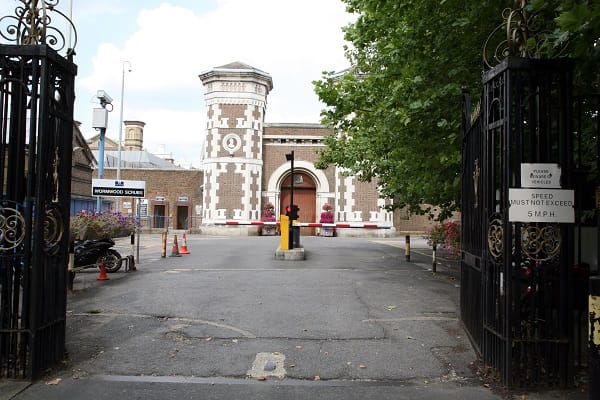A rigorous academic schedule can often dominate the life of a serious student, leaving little room for leisure and fun. Yet, research suggests that incorporating recreational activities into one’s routine is not just beneficial for mental health, but can also enhance academic performance and creativity. Integrating a balance between work and play may be the key to achieving success and personal satisfaction. Below, we’ll delve into the various ways in which fun can substantially enrich a student’s life.
Exploring the link between academic performance and leisure activities
Studies show that students who regularly engage in leisure activities often achieve better time management and higher grades. Leisure provides a crucial mental break, enhancing focus, memory, and cognitive functions. This refreshment can lead to improved academic performance as students return to their studies with renewed energy.
Leisure activities also offer mental stimulation and a sense of achievement beyond academics. For instance, mastering a new skill or winning in an online sweepstakes casino can boost self-esteem and motivation. This sense of accomplishment positively influences study habits, demonstrating that balancing leisure and academics is key to preventing burnout and fostering overall success.
Enhancing creative thinking and problem-solving with recreational breaks
Recreational activities, such as painting, writing, or playing a musical instrument, have been found to enhance creativity and problem-solving in academic fields. These activities stimulate brain parts responsible for creative thinking, allowing for the formation of novel connections between seemingly unrelated ideas. This state, known as the default mode network, is crucial for innovative thinking.
Recreational breaks also serve as practical exercises in problem-solving and critical thinking, as games and puzzles sharpen cognitive abilities transferrable to tackling complex academic topics. Engaging in fun activities can be seen as complementary training for the brain. The change of pace between intense study and leisure helps prevent mental fatigue and revive a student’s mental energy, making them more effective in addressing academic problems post-break.
The role of play in reducing study-induced stress and anxiety
Academic pressures can cause stress and anxiety among students, which can be mitigated by engaging in physical activities like sports, hiking, or dancing. These activities release endorphins, which are the body’s natural stress relievers. The immersive nature of play allows students to step away from their academic concerns, providing a mental break and a sense of perspective. Social play, such as team sports or group games, builds a support system among peers, providing emotional comfort and fostering collective coping strategies.
This environment nurtures emotional resilience, enabling students to handle academic pressures with greater composure. Repetitive leisure activities, like knitting or playing an instrument, can have a meditative effect, reducing anxiety symptoms. The focused attention required diverts the mind from stressors and promotes relaxation, which can have long-term benefits on a student’s mental health.
Fostering social skills and teamwork through group fun activities
Group recreational activities are essential for developing social skills and teamwork. By engaging in team sports or collaborative projects, students learn valuable lessons in communication, collaboration, and conflict resolution. These experiences enhance their ability to work effectively in academic and future workplace settings.
Collaborative play also helps bridge social gaps and fosters inclusion among diverse students, creating a more cohesive learning community. For those pursuing careers in education or counseling, gaining insights into group dynamics is crucial. Enriching this knowledge through specialized programs, like those offered at online.uc.edu/masters-programs/master-of-education-in-special-education/, can provide practical experience and deeper understanding.
The Impact of enjoyable pastimes on overall student well-being and motivation
Engaging in enjoyable pastimes is not just a distraction from academics but a crucial investment in a student’s overall well-being. Engaging in pleasurable activities leads to higher levels of satisfaction, motivating students to maintain diligent study habits. Leisure time also provides a platform for self-discovery and personal growth, enabling students to uncover their talents, interests, and passions, which can influence career choices and life decisions. Physical health, linked to mental and emotional well-being, is also influenced by enjoyable pastimes.
Physical activities reduce the risk of chronic diseases and improve sleep quality, essential for cognitive function and academic performance. Incorporating fun into a student’s life is a holistic strategy that nurtures the entire spectrum of health. Successfully managing leisure activities can instill a sense of autonomy and self-efficacy, which can permeate academic endeavors, encouraging students to take charge of their learning and becoming lifelong self-directed learners.
Overall, the integration of fun and leisure into a student’s routine goes beyond mere enjoyment; it serves as an essential component for a well-balanced and fulfilling academic journey. These activities sharpen the mind, support emotional health, foster key social skills, and boost overall motivation—vital elements for any student seeking both success and happiness.








